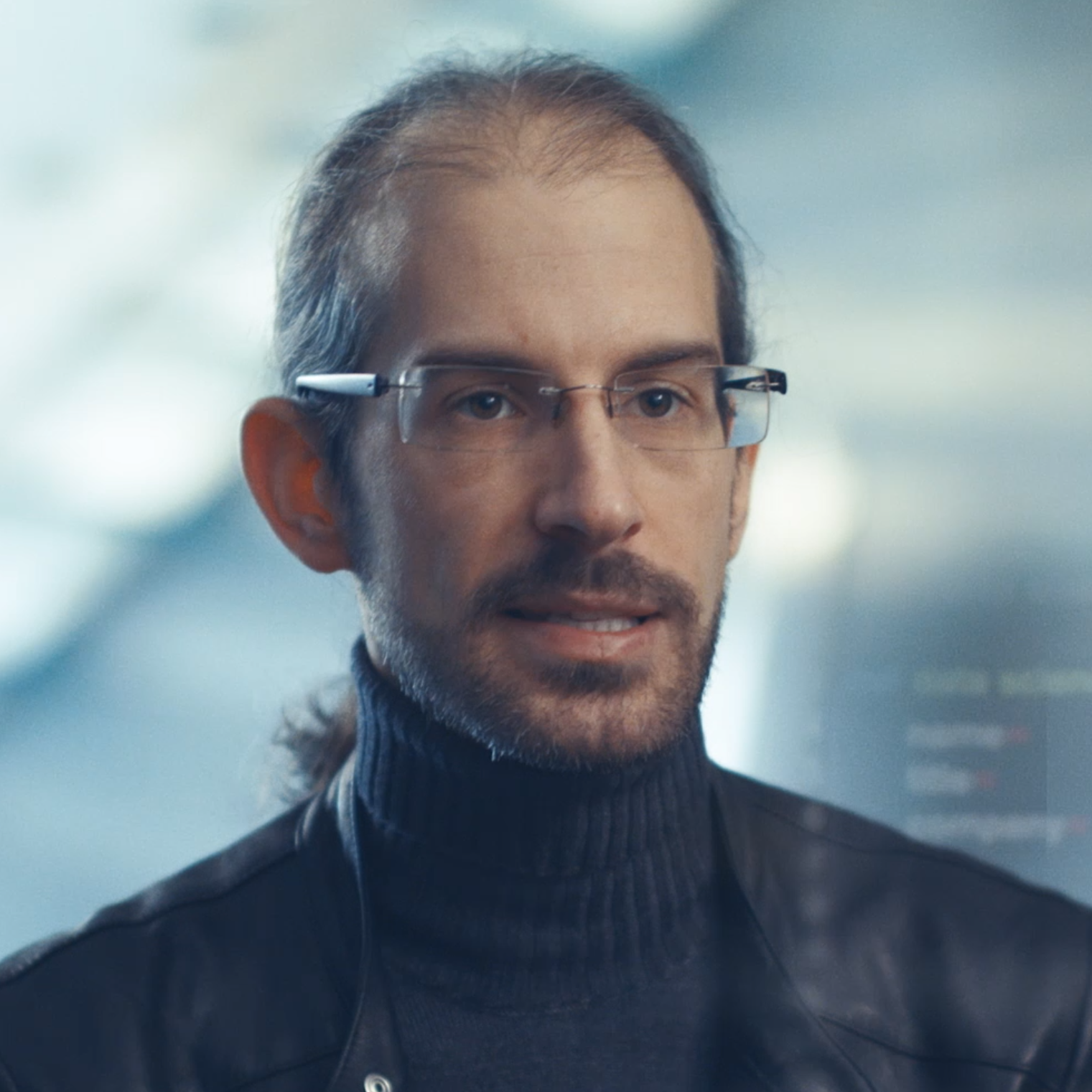The most defining task for humankind in the 21st century is to address the challenge of rapid climate change through mass collective action.
As the window of opportunity for action to curb greenhouse gas emissions grows narrower, we need a rapid and widespread societal change in favor of carbon-neutral practices.
Achieving such change demands a dual approach: on one hand, increasing public pressure on the largest emissions producers, and on the other instigating a fundamental shift in lifestyle choices.
In fact, while large economic actors hold the key to profound changes, reducing the consumption of meat in the richest countries and switching out motorized transportation is also a fundamental, necessary step.
When discussing climate action, there is often debate on whether these two goals are in conflict, or if they reinforce each other, with collective action mobilizing the public opinion also fostering sustainable lifestyle choices.
At the core, climate action embodies a social dilemma where individual benefits clash with collective interests, necessitating concerted efforts to outweigh personal costs with shared gains.
Centralized decision-making by governments has proven so far to be insufficient to solve such dilemmas, as it struggles with the conflicting incentives that drive different parts of society.
For example, governmental policies and international summits aimed at reducing greenhouse gas emissions have systematically failed to meet the necessary targets to avert the most catastrophic consequences of atmospheric warming.
To this day, we lack solutions that can be implemented on a global scale in a very short time, unfold spontaneously without the intervention of a central global authority, and overcome the individual incentive to defect. At the same time, the pressure from the general public on central authorities is still not compelling enough to overcome particular interests. Fortunately, the Social Web is an ideal platform to support this type of social change. It is the largest and most pervasive network for the diffusion of culture, it allows rapid participation in the public debate at low cost, and it has proven to be a fertile ground for collective action even in the absence of material rewards. Despite this, the key factors that can enable collective climate action in online communities are still largely unknown.
Moreover, there is little experimental evidence to inform how to build online communities that facilitate cooperative action, how different kinds of climate action interact, and which types of communication are more effective. Ultimately, climate action demands urgent answers to many open social questions.
Goals
The Computational Social Science (CSS) community has approached the study of climate action from multiple angles, including characterizing online activist movements, studying mechanisms of incentives based on game-theoretical foundations, investigating the features associated with either polarization or cooperation and developing AI tools to operationalize social science theories concerning collective action. Yet, these works are diluted in the larger CSS community, and the interest group on climate action lacks a forum where to discuss, grow, and define a common strategy for planning and identifying research challenges and priorities.
The goal of this workshop is therefore to provide the CSS community with a venue to discuss and elaborate a common research agenda on the topic of climate action in the public sphere. Such an agenda should identify the most essential research angles around the general question of what drives opinion change and collective action on climate change—with a special emphasis on the social Web. In particular, our first aim is to outline a precise set of research questions that could improve our understanding of the phenomenon, and thus inform decision-makers as well as the general public. Secondly, we will identify and consolidate conceptual tools from different areas—computational social science, climate science, and social psychology—that the community agrees should drive the research on this phenomenon. Inside this conceptual toolbox, we aim in particular at defining a taxonomy of the opinions of citizens and social media users on climate change (beyond the simplistic binary dichotomy) that could inform further research. To do so, we will collaboratively analyze a data set collected from Reddit around the topic of climate change. As a final product of the workshop, we aim to draft a collective white paper published on arXiv, authored by all the participants of the workshop who wish to contribute, and led by the organizers of the workshop. The white paper will summarize the outcome of the workshop, and provide an initial reference point for the CSS community on this complex issue.
Audience
The workshop is intended for researchers from different fields interested in analyzing climate change discourse on social and traditional media. Firstly, the workshop wants to provide a venue for computational social scientists interested in the topic. At the same time, it will promote an interdisciplinary approach, favoring the inclusion of other fields such as digital humanities, political science, or game theory, to provide a comprehensive exploration of the factors shaping climate change narratives in the public sphere. Additionally, it caters to professionals engaged in media studies, journalism, and communication, as well as policy-makers, able to gain insights into the field. The workshop will foster a collaborative environment where expertise from various disciplines converges to advance our understanding of the complex dynamics between media, opinions, and climate change discourse.



